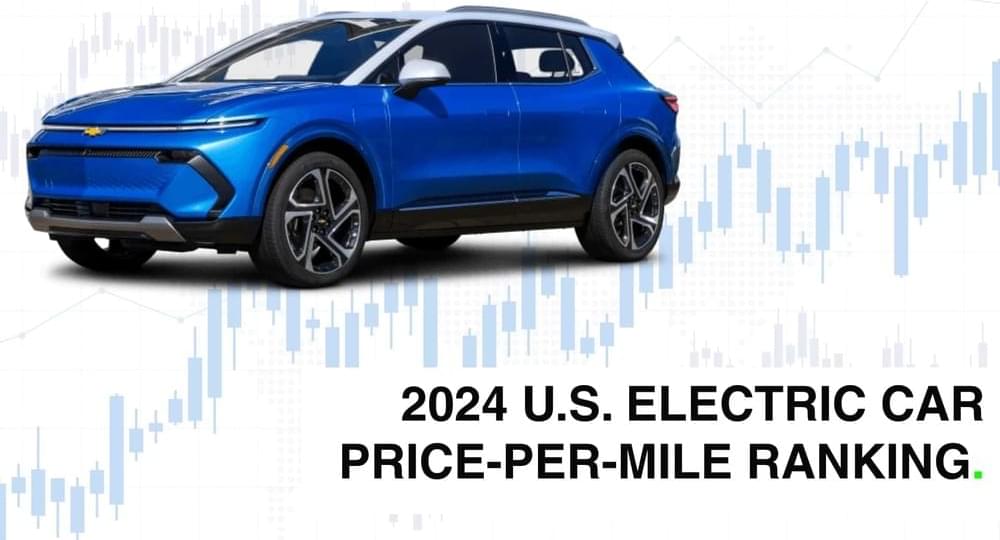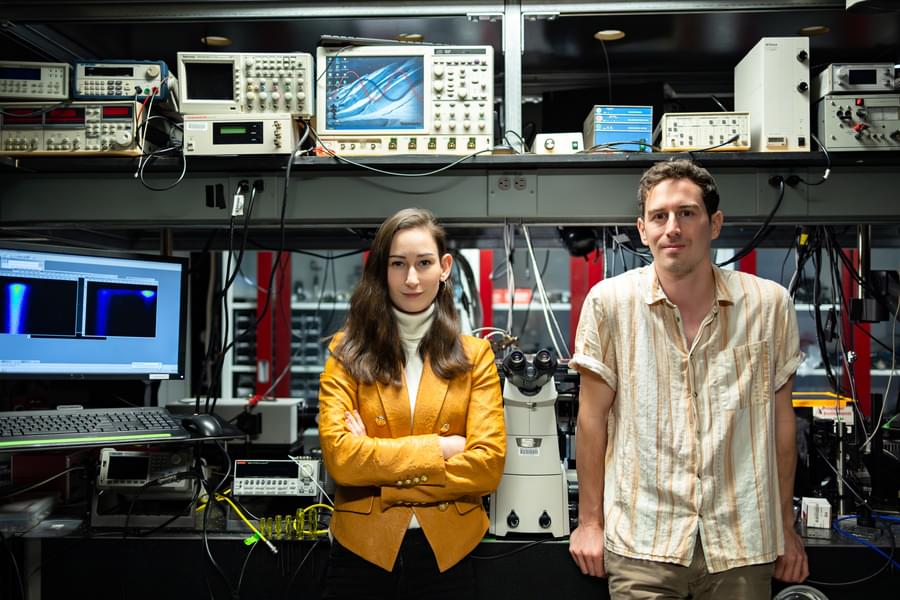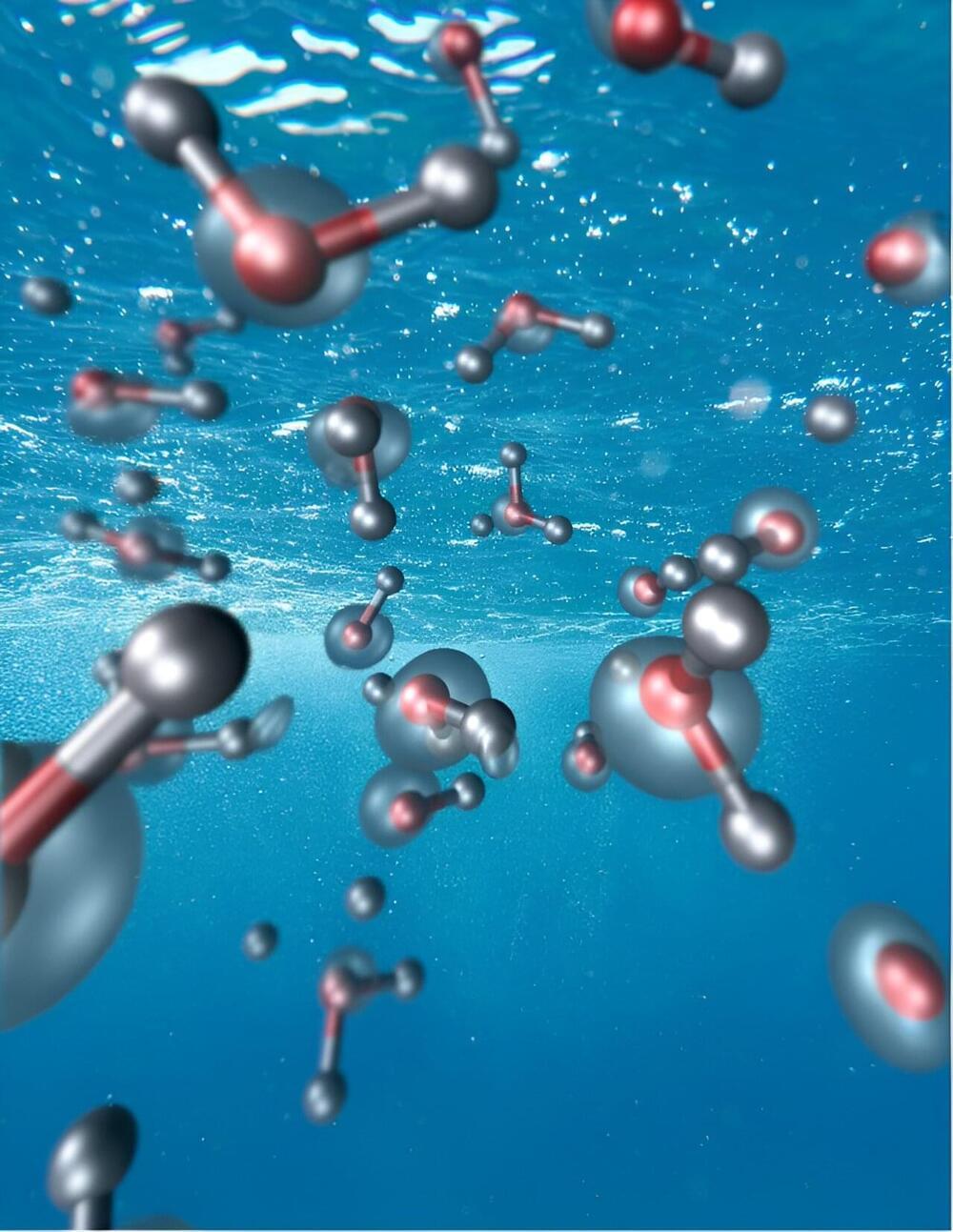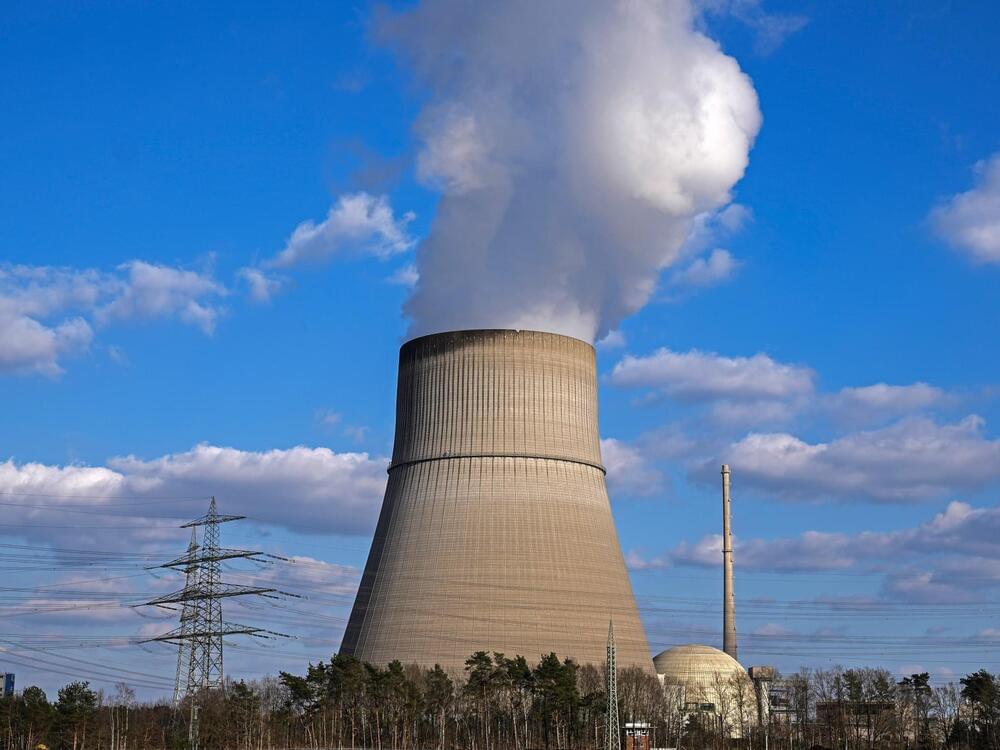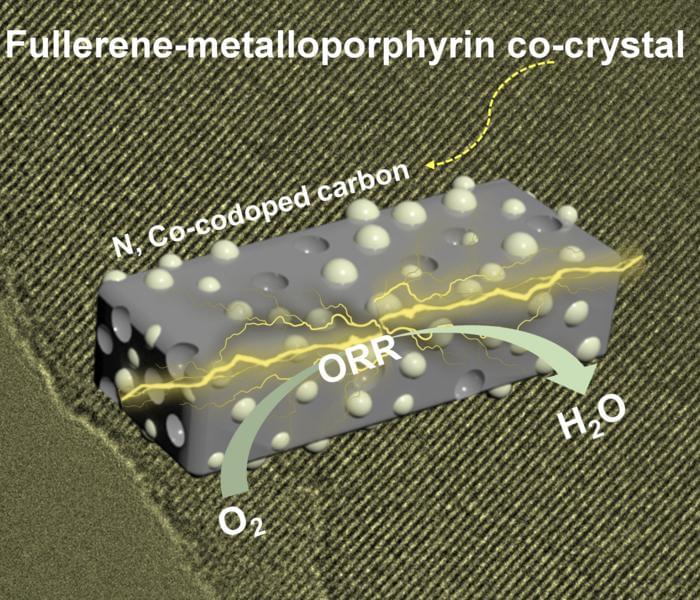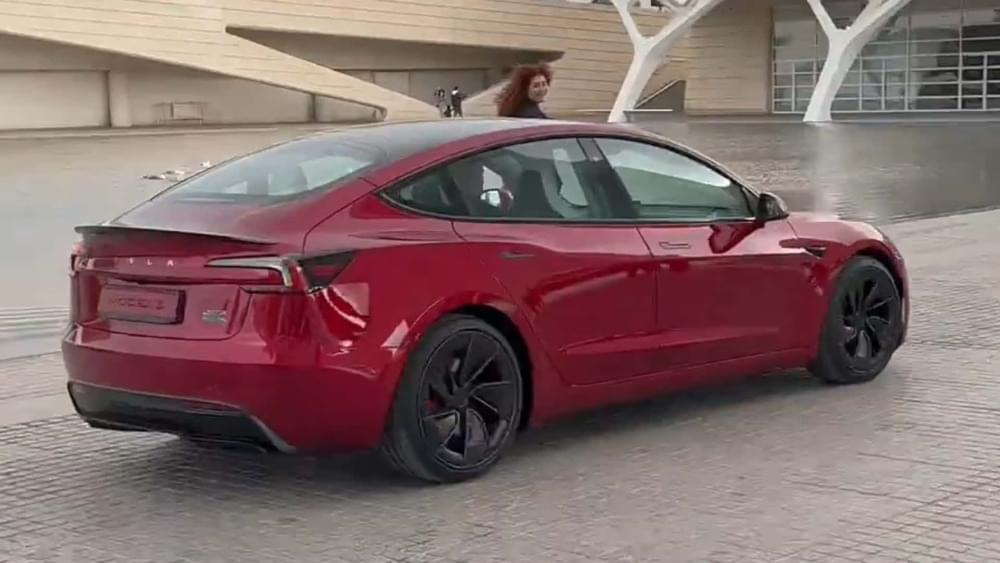Mar 1, 2024
2024 U.S. Electric Cars Compared By Price Per Mile Of EPA Range
Posted by Shailesh Prasad in categories: sustainability, transportation
Electric vehicles’ price and driving range are probably the two most important factors for most buyers. In today’s post, we will look at the mix of the two parameters—the price per mile of the EPA Combined range.
That may sound complex, but it’s merely a metric that indicates the best value proposition overall, and something that gives us an idea of the “cost” of range. By checking this metric, we can also see whether there is progress over time compared to earlier reports: see February 2022, February 2021 or April 2020. As it turns out, progress is happening on this front, and the cost of the driving range is going down.
Before we jump into details, let’s just explain the basics. There are more than 300 individual EV configurations on sale, including different battery sizes, ranges, powertrain setups, and wheels—all of which directly affect the price and range. We collected numbers for about 300 configurations, that are currently available for order or reservation, some upcoming models, and a few that have been discontinued but may still be found on dealer lots as reference points.
